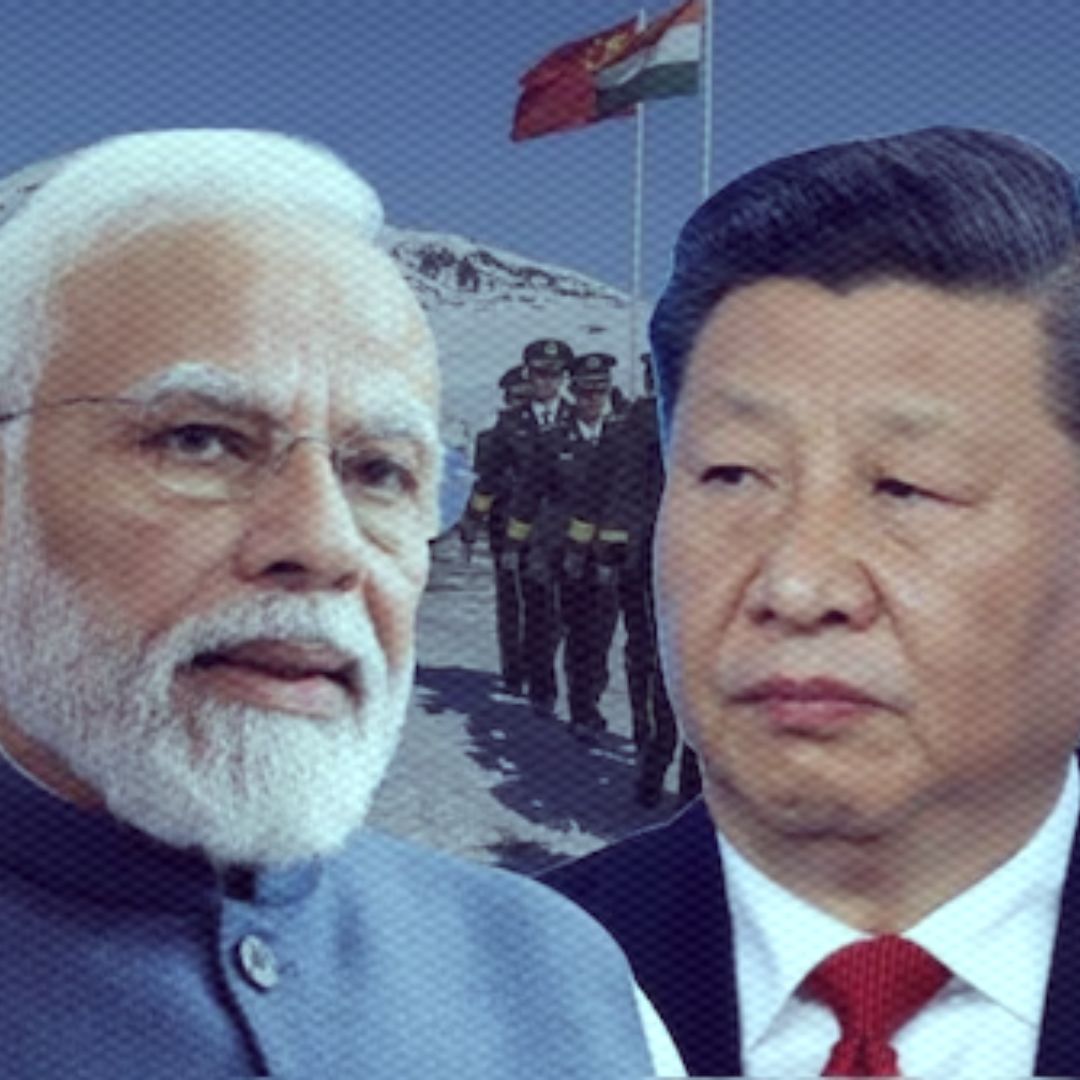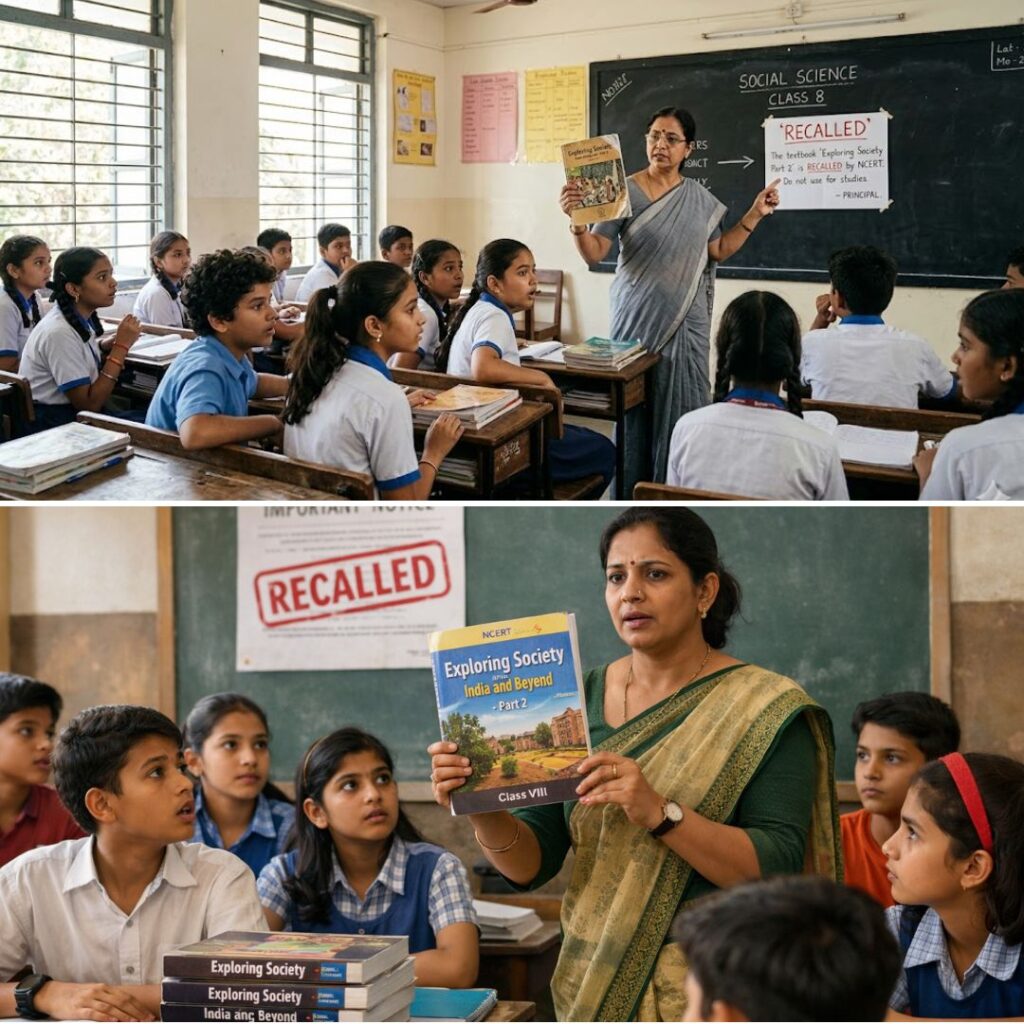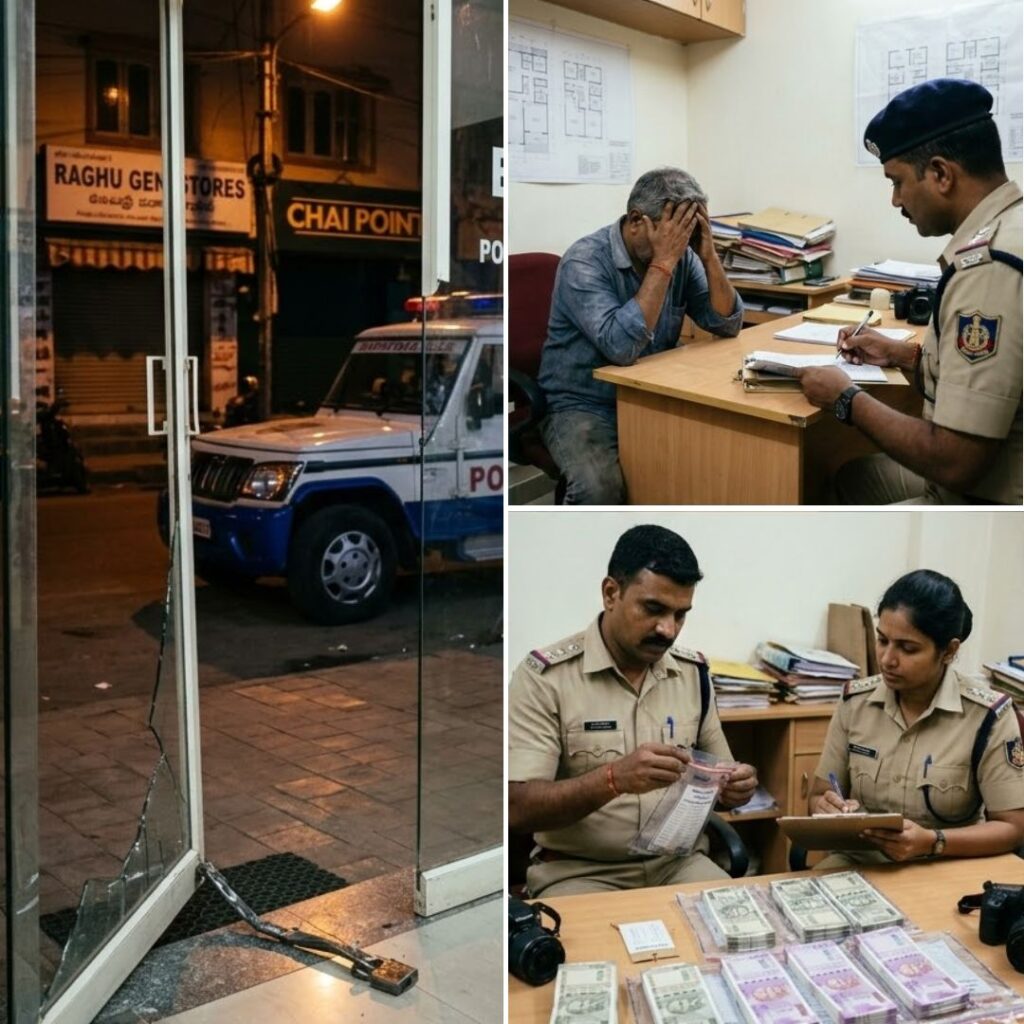India and China have reached a significant agreement to restore patrolling rights along the Line of Actual Control (LAC) in eastern Ladakh, particularly in the Depsang Plains and Demchok regions. This breakthrough comes after four years of military standoffs, notably following violent clashes in Galwan Valley. The agreement is viewed as a positive step towards restoring peace and normalising relations between the two countries. Ongoing diplomatic efforts may further shape bilateral ties as discussions continue.
Restoration of Patrolling Rights
The recent agreement allows India to patrol up to specific points in the Depsang Plains and Charding Nullah of Demchok, areas that have been contentious since the military standoffs began. Both nations have committed to reverting to the status quo that existed prior to rising tensions, with India regaining access to previously blocked patrol points. This development is seen as a diplomatic victory for India, signalling a willingness from both sides to engage in constructive dialogue. Officials have described this outcome as a result of patient diplomacy, underscoring the importance of maintaining peace along the LAC.
Background and Context
The journey to this agreement has been challenging, starting with clashes that resulted in significant casualties on both sides. Since then, multiple rounds of disengagement have occurred at various friction points, but Depsang and Demchok remained unresolved until now. Recent negotiations involved extensive discussions through diplomatic and military channels, culminating in this breakthrough just ahead of an important summit where further bilateral talks are anticipated.
Questions and Answers
- What does the India-China border patrol agreement entail?
The agreement allows Indian and Chinese soldiers to resume patrolling along the LAC as they did prior to May 2020, which is expected to reduce tensions and prevent accidental confrontations. - Why is this agreement considered significant?
It represents a key step towards de-escalation after four years of military standoffs following the Galwan Valley clash, potentially stabilizing relations between the two nations. - How was this agreement reached?
Following extensive discussions between diplomats and military representatives from both countries over several weeks, an understanding was established regarding patrolling protocols along contested areas of the LAC. - What are the implications for future India-China relations?
This agreement may facilitate higher-level diplomatic engagements and improve bilateral relations by reducing immediate military tensions, allowing both nations to focus on broader issues. - What challenges remain despite this agreement?
Trust-building will be complex due to historical animosities and troop deployments along the border; ongoing monitoring will be essential to ensure compliance with the new patrolling arrangements.
The Logical Indian’s Perspective
The restoration of patrolling rights along the LAC represents a hopeful step towards peace and stability between India and China. As these nations take strides to mend their relationship through dialogue and negotiation, it is essential to foster an environment of empathy and understanding. This agreement not only addresses immediate security concerns but also lays the groundwork for future cooperation. How do you think this development will impact broader regional stability? Share your thoughts below!











